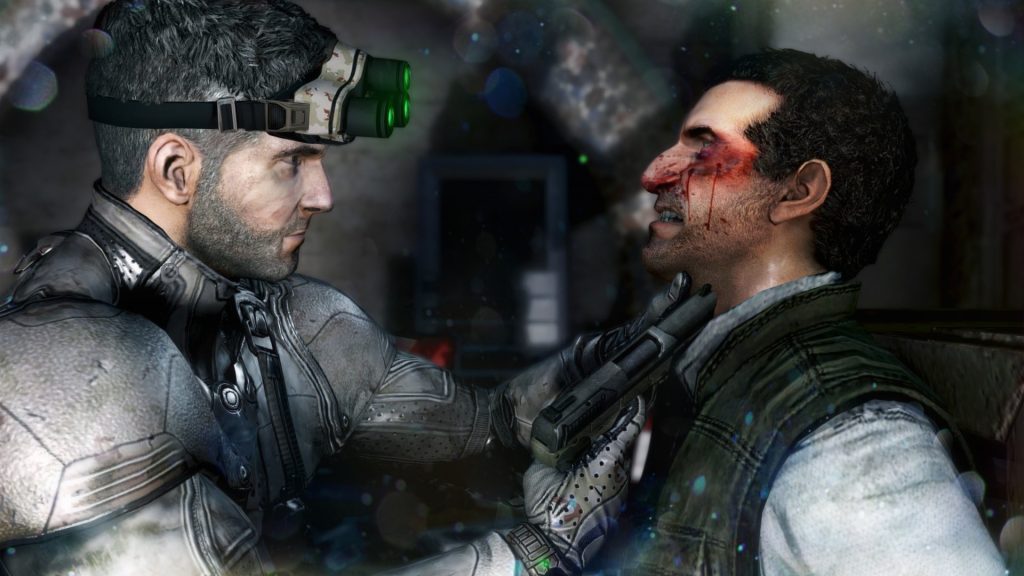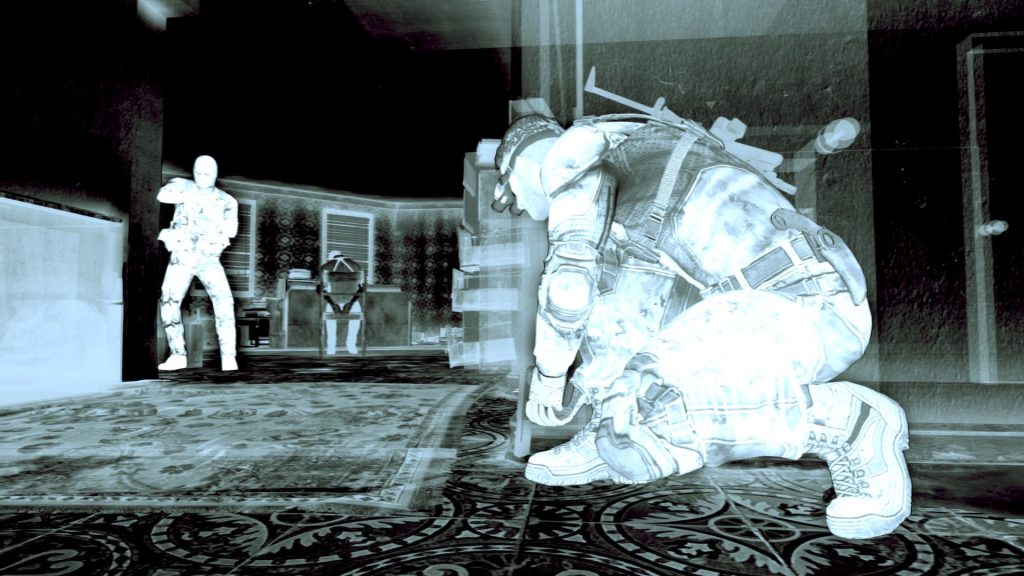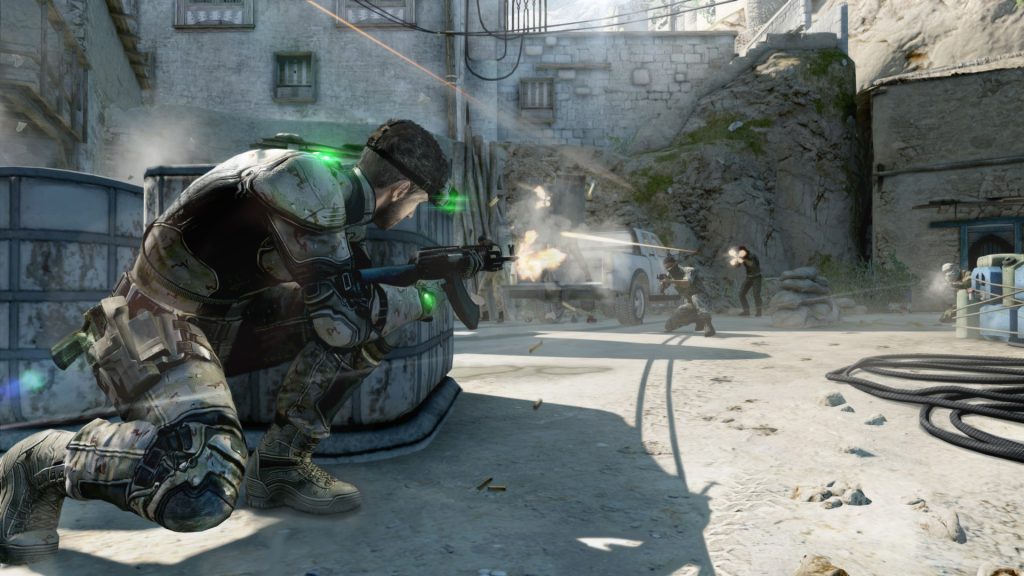The debate on violence in video games has been a central topic in political discourse for decades at this point. With ongoing agendas from politicians and activists, the effects of violent games on society, particularly young players, continue to spark unbelievably heated discussions today.

Kate Drummond, known for her role as Anna Grímsdóttir in Splinter Cell Blacklist, is no stranger to this conversation. Even back in the 2010s, when Blacklist was released, she tried her best to address the issues surrounding video game violence.
Kate Drummond Understands Better Than Anyone That Not Every Game Is for Everyone

Splinter Cell Blacklist was an intense stealth-action title that wasn’t suited for everyone. After all, its immaculate blend of stealth, violence, and espionage may be thrilling for mature players, which is why it’s often considered one of the best in the series. Still, it’s easy to see how it could be concerning for others.
Kate Drummond, the person behind Anna Grímsdóttir, understood the problem better than just about anyone and addressed the issue of violence in video games directly during interviews. She emphasized the importance of ratings, stating that games like Blacklist are designed for adults who can separate fiction from reality.
In an interview, Drummond spoke out about the importance of parental responsibility and awareness when it comes to violent games. She pointed out a real case and how there’s a reason we have these guidelines in place, saying:
“Yes, I’m in a video game that’s rated M, but there’s a reason we have ratings. Parents are told [Splinter Cell] is not appropriate for your child. The Gamers for Sandy Hook campaign was in response to the fact that gamers were being stereotyped; if we could blame incidents like [Sandy Hook] on one thing – video games – it would be amazing because you could eradicate that one thing and eradicate senseless acts of violence and tragedy. But that’s not reality.”
Unfortunately, the problem she addressed remains relevant today. Over a decade later, the conversation around gaming and violence hasn’t evolved much, and concerns continue to dominate the media and political landscape.
Video Games, Unfortunately, Remain the Primary Scapegoat for Real-Life Violence

Even a decade after the interview with Drummond and since basically the death of the Splinter Cell franchise, video games continue to be blamed for real-world violence, especially mass shootings in schools and other similar tragedies.
The biggest problem with this is that rather than addressing deeper issues such as mental health, bullying, and social isolation, people, even to this day, shifts the blame on the medium without any concrete studies backing their claims.
What’s even worse is that Schools and workplaces are now designed to prevent violence reminiscent of what is depicted in video games, but such an ignorant approach sidesteps the root causes of the problem.
One cannot stress enough how hypocritical it feels to hear the claim that a game like Splinter Cell Blacklist or scenes from notorious missions like “No Russian” in Call of Duty is responsible for inspiring real-world violence.
While video games may feature violence, they are never the driving force behind the worst crimes committed in recent memory. Instead, social wounds that remain unaddressed and unattended are more to blame. By focusing on the supposed negative impact of gaming, we fail to recognize the more serious underlying problems.
With that said, what are your thoughts on this? Do you think the debate on violence in video games has changed since the interview with Kate Drummond? Let us know in the comments below.

